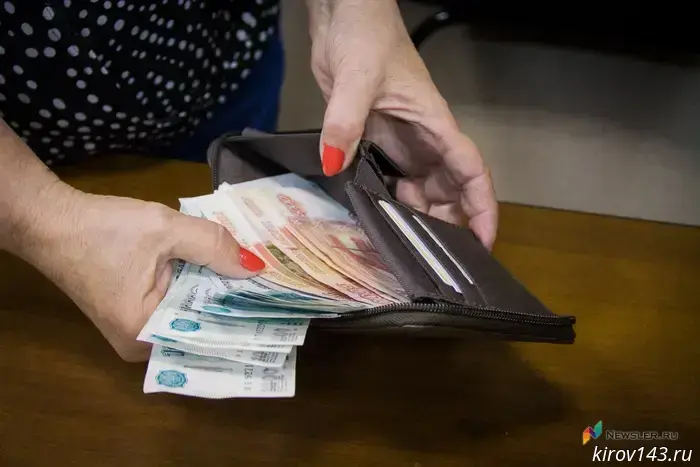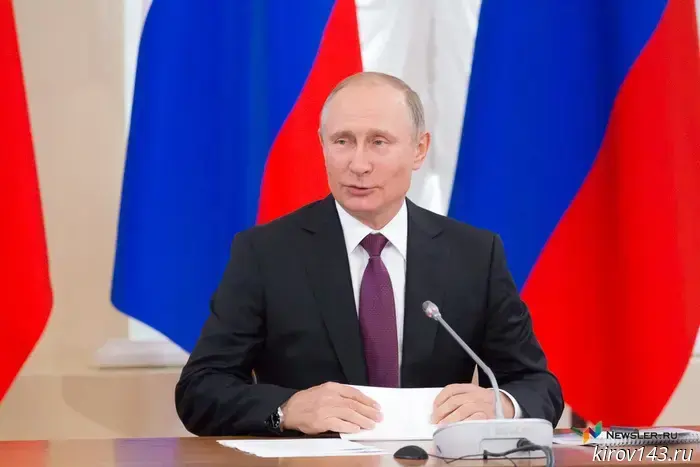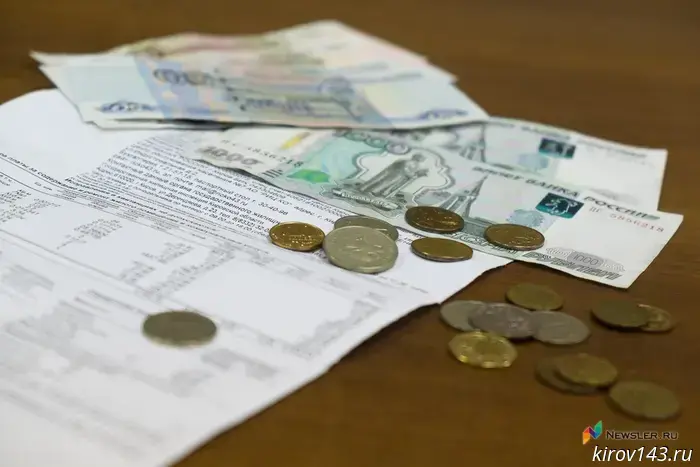
AliExpress, goodbye: Russians face a tax on overseas shopping
Plan for introducing the tax
A gradual increase in the tax rate is proposed:
• 2027 — 5%
• 2028 — 10%
• 2029 — 15%
• 2030 — 20%
The EAEU countries (Armenia, Belarus, Kazakhstan and Kyrgyzstan) will be exempt. The law could come into force on January 1, 2027.
Who will pay the tax
The obligation to collect VAT will be imposed on:
• foreign sellers
• Russian and foreign marketplaces
• intermediary organizations
The changes will affect both duty‑free goods and purchases already subject to duty. The current customs duty rate for online orders is 15%.
Context of the initiative
The Ministry of Finance explains that the measure is aimed at leveling the playing field between online stores and traditional retail.
“The volume of trade through marketplaces is already comparable to large retail chains, but the regulation is significantly different,” the portal Kurs dela quotes a ministry representative as saying.
Market reaction
Major retail chains support the initiative. Tagir Kalimullin, Vice President of M.Video‑Eldorado, said: “In categories where Chinese sellers dominate, the tax should be introduced as soon as possible — it’s impossible to compete on price.”
Representatives of marketplaces call for a gradual implementation of the changes. Ozon warns: “A sudden transition could cause an uncontrolled flow into ‘grey’ channels.” Wildberries notes that a phased approach will ease the market’s adaptation.
Consequences for consumers and businesses
Experts warn that the primary financial burden will fall on buyers. “This is an indirect tax, so consumers will be the ones to feel the price increase,” explains tax consultant Anastasia Arzhanova.
Marketplaces will face increased administrative burden — they will have to perform the functions of tax agents.
Prospects for implementation
Analysts point to the need to revise the bill. It is necessary to take into account:
• the reduced 10% VAT rate on socially significant goods
• the planned increase of the general VAT rate to 22% from 2026
According to experts’ estimates, even a 5% tax could reduce consumer demand, and tax revenues may not compensate for the costs of administering the new system.
Другие Новости Кирова (НЗК)
 Pensioners with savings of up to 440,000 rubles will be able to withdraw them immediately.
In 2026, Russians whose pension savings total no more than about 440,000 rubles will be able to receive them as a lump sum.
Pensioners with savings of up to 440,000 rubles will be able to withdraw them immediately.
In 2026, Russians whose pension savings total no more than about 440,000 rubles will be able to receive them as a lump sum.
 A concept for a new architecture of international relations was presented at the Valdai Club.
During the annual meeting of the Valdai Club, where the head of the Russian state traditionally delivers key foreign policy statements, Russia's position on the formation of a multipolar world order was set out in detail. The Russian president's four-hour address covered the main aspects of the global transformation.
A concept for a new architecture of international relations was presented at the Valdai Club.
During the annual meeting of the Valdai Club, where the head of the Russian state traditionally delivers key foreign policy statements, Russia's position on the formation of a multipolar world order was set out in detail. The Russian president's four-hour address covered the main aspects of the global transformation.
 In the coming days, Kirov residents will be left without water and electricity.
The city will experience another round of scheduled utility outages.
In the coming days, Kirov residents will be left without water and electricity.
The city will experience another round of scheduled utility outages.
 Utility bills will start arriving later than usual.
Starting March 1, 2026, Russians will receive utility bills for housing and communal services by the 5th of the month, rather than on the first, as is currently the case.
Utility bills will start arriving later than usual.
Starting March 1, 2026, Russians will receive utility bills for housing and communal services by the 5th of the month, rather than on the first, as is currently the case.
AliExpress, goodbye: Russians face a tax on overseas shopping
The Ministry of Finance of the Russian Federation has drafted a bill introducing phased VAT taxation for foreign goods purchased by Russians online. The document has been posted on the federal portal of draft legal acts.
